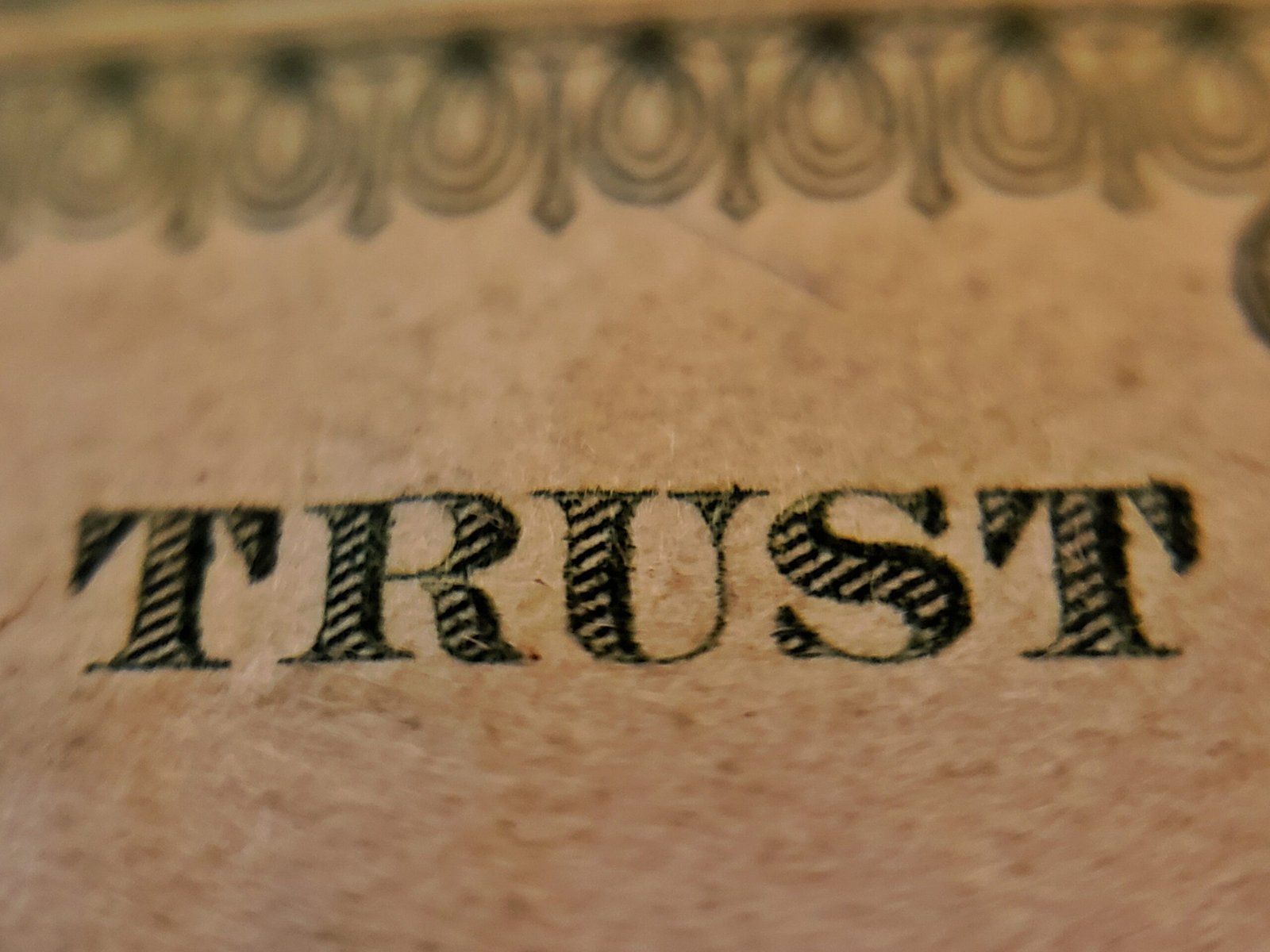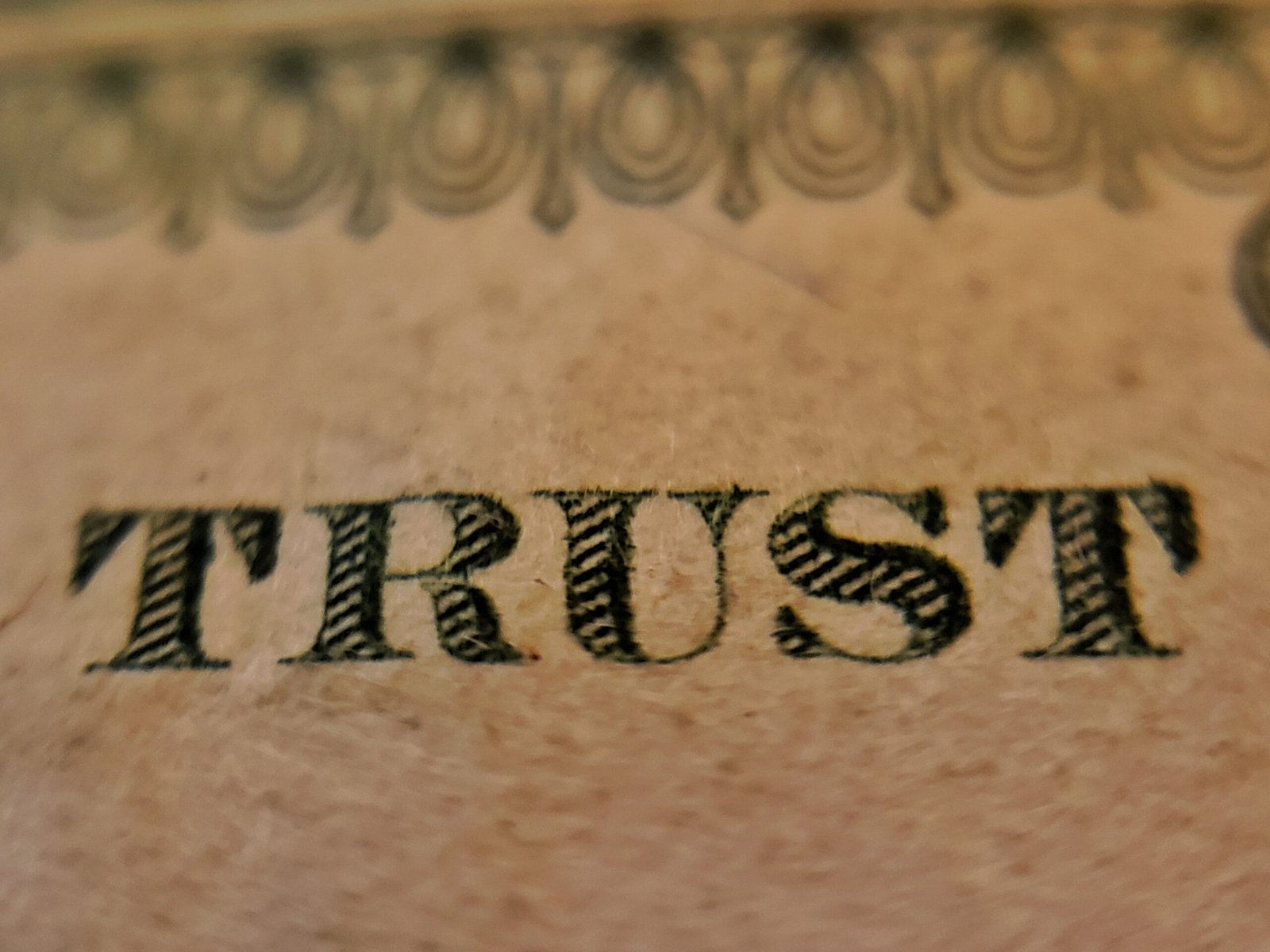Introduction
Relationships are an essential part of our lives, but they can also be challenging and heartbreaking at times. Whether you’re going through a rough patch with your partner or dealing with the aftermath of a painful breakup, it’s important to remember that you’re not alone. In this blog post, we will explore effective strategies for overcoming relationship difficulties and heartbreak, providing you with the tools and insights to navigate these challenging times.
Understanding Relationship Difficulties
Relationship difficulties can arise due to various reasons, such as communication issues, trust issues, or incompatible values. It’s crucial to identify the root causes of the problems to address them effectively. Reflect on your relationship and try to pinpoint the areas that need improvement. Open and honest communication with your partner is vital during this process.
Top Strategies for Overcoming Relationship Difficulties
- Effective Communication: Communication is the foundation of any successful relationship. Practice active listening, express your feelings and needs clearly, and be open to compromise. Seek professional help, such as couples therapy, if necessary.
- Building Trust: Trust is essential for a healthy relationship. Rebuilding trust after it has been broken requires time, consistency, and transparency. Be patient and understanding with your partner as they work to regain your trust.
- Resolving Conflict: Conflict is inevitable in relationships, but it’s how we handle it that matters. Learn healthy conflict resolution techniques, such as using “I” statements, finding common ground, and seeking mutually beneficial solutions.
- Self-Care: Taking care of yourself is crucial during challenging times. Prioritize self-care activities that promote your physical, emotional, and mental well-being. Engage in hobbies, exercise regularly, and seek support from friends and family.
- Seeking Professional Help: There’s no shame in seeking professional help when needed. Relationship counselors, therapists, or support groups can provide valuable guidance and support as you navigate your difficulties.
Recovering from Heartbreak
Heartbreak can be a deeply painful experience, but it’s important to remember that healing is possible. Here are some strategies to help you recover:
- Allow Yourself to Grieve: It’s natural to experience a range of emotions after a breakup. Allow yourself to grieve and process your feelings. Give yourself permission to feel sad, angry, or confused.
- Focus on Self-Reflection: Use this time to reflect on the relationship and learn from it. Identify patterns, red flags, and areas for personal growth. This self-reflection will help you make better choices in future relationships.
- Lean on Support Systems: Surround yourself with supportive friends and family who can provide comfort and understanding. Seek professional help if needed to navigate the emotional challenges of heartbreak.
- Engage in Positive Activities: Engaging in activities that bring you joy and fulfillment can help distract from the pain of heartbreak. Explore new hobbies, reconnect with old passions, or embark on a new adventure.
- Practice Self-Love and Forgiveness: Be kind and compassionate towards yourself. Practice self-love and forgiveness as you let go of any resentment or blame. Embrace personal growth and focus on building a brighter future.
Frequently Asked Questions (FAQs)
Q: How long does it take to overcome relationship difficulties?
A: The time it takes to overcome relationship difficulties varies for each individual and situation. It depends on the willingness of both partners to work on the issues and seek professional help if needed.
Q: Can a relationship survive after heartbreak?
A: Yes, relationships can survive and even thrive after heartbreak. It requires open communication, forgiveness, and a commitment to personal and relationship growth.
Q: How do I know when it’s time to end a relationship?
A: Deciding to end a relationship is a deeply personal choice. Signs that it may be time to end a relationship include consistent unhappiness, lack of trust or respect, and an inability to resolve recurring issues.
Tips for Long-lasting Relationship Success
While every relationship is unique, there are some general tips that can contribute to long-lasting relationship success:
- Open and Honest Communication: Foster open and honest communication to build trust and understanding.
- Quality Time Together: Make time for each other and prioritize shared experiences.
- Mutual Respect: Treat each other with respect and kindness, even during disagreements.
- Emotional Support: Be there for each other during both the good times and the challenging ones.
- Continual Growth: Embrace personal and relationship growth, always striving to be the best version of yourselves.
Conclusion
Overcoming relationship difficulties and heartbreak is a challenging journey, but with the right strategies and support, you can emerge stronger and wiser. Remember to communicate effectively, seek professional help when needed, and prioritize self-care. Healing takes time, so be patient with yourself. By applying these strategies and fostering a growth mindset, you can build healthier relationships and find happiness once again.
Call to Action: If you found this blog post helpful, please share it with others on social media. Together, we can support and empower individuals navigating relationship difficulties and heartbreak.









